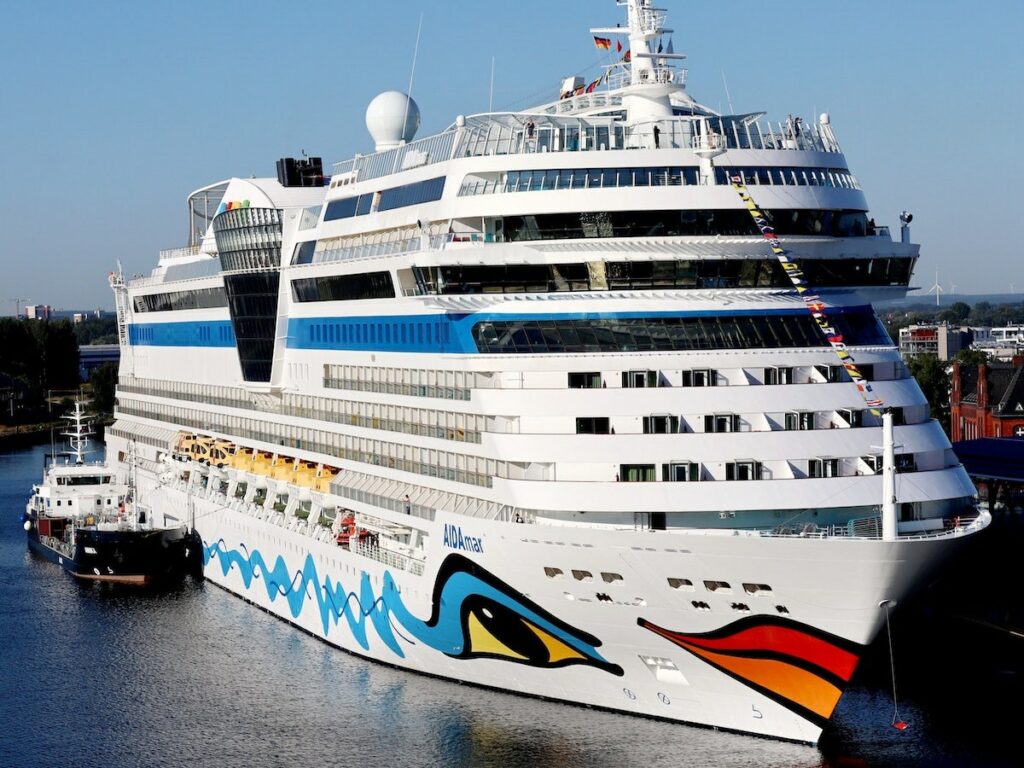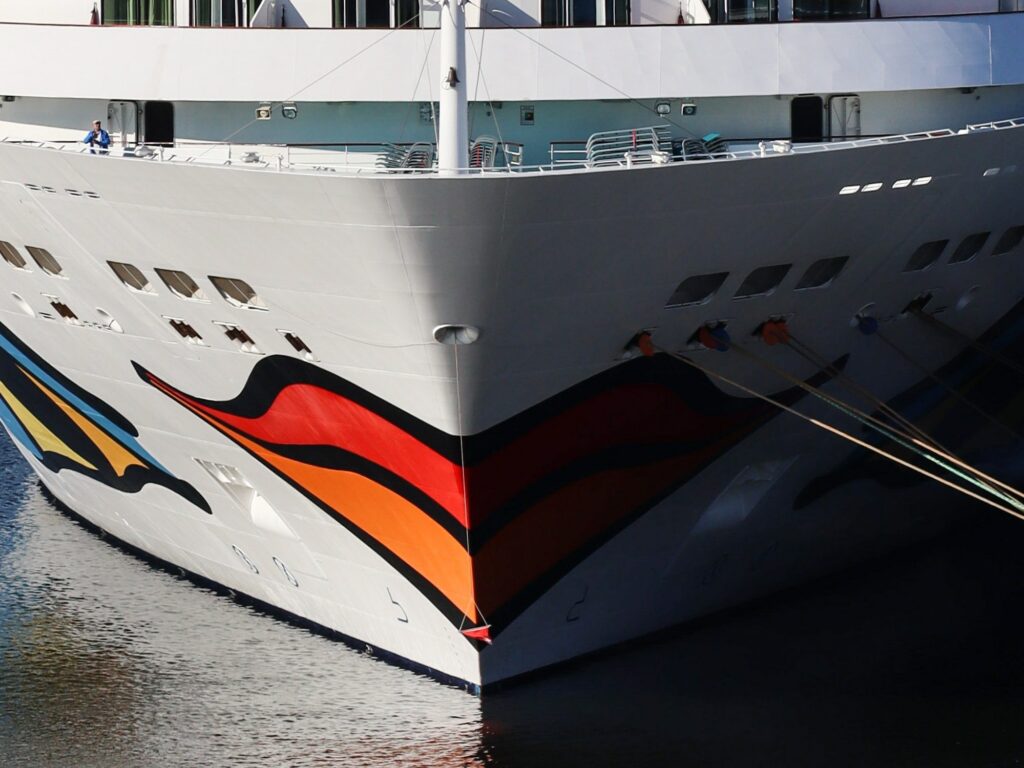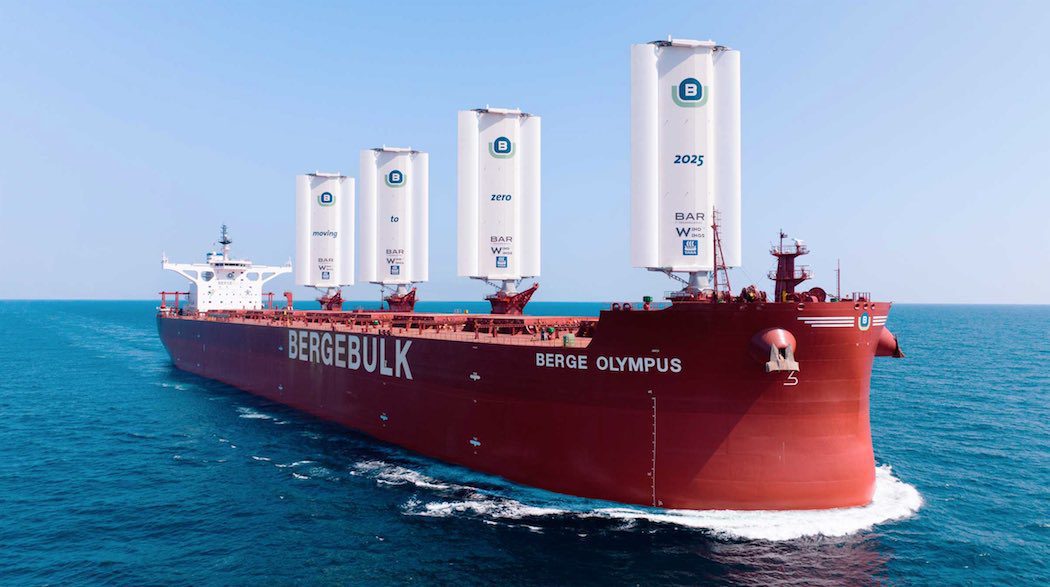Although the term “she” is a pronoun commonly used by human beings, it is also used when referring to ships. The term has been utilized for centuries, and there are numerous reasons for it.
One of the most dominant reasons is that the word ship originates from the Latin word “Navis,” associated with feminism.

Another common reason why most ships are named after women is that men love them and are unpredictable, as seen in women. This has been evident in other things such as countries, cars, the moon, and the church.
But why are ships gendered female, and what’s the anatomy behind their naming? Read on to discover the history regarding why ships are referred to as “she” and the reasons influencing this tradition.
Reasons Why Ships Are Referred to as She
The word ship is referred to as Naves or Navis, a feminine word. This is the main reason why ships are associated with female pronounces. Most languages, such as French and Spanish, commonly use gender-based pronouns to name objects.
In addition, cruiser ships are renowned for having sister ships as they are constructed using the same design. Here are more reasons why ships are referred to as “she”:
A Connotation of Motherhood
Motherhood covers many aspects, such as sweethearts, wives, and being a mother. This has highly influenced the tradition of naming ships as they as they are known to be dedicated to goddesses. It is also a historical experience as ships were known for their feminine spirit while sailing through the rough oceans.
People believed that ships offered protection just like in motherhood. It’s because the sailors spent long periods in the sea and would get emotionally attached to their ships. You would find the male sailors speak affectionately about the ships.
The tradition dates back to the early 18th century, and the presence of women in sailing vessels was regarded as bad luck. This is because they deemed that distraction to the male sailors was evident when a woman was on board. They also believed that only a man could be able to handle a ship accordingly.
Men Love Ships
Men are known to love cars and refer to them as “she,” and ships follow suit. We all know that ships cost a lot to dress and require much attention to extend her life.
Such maintenances are associated with women’s behaviors, as poorly maintained ships have higher chances of ditching the sailors. Thus, channeling enough love to the ship meant good service while sailing.
In addition, since ancient times, most sailors were male, which is why most ships are named after females. Some most common ships named after women include Queen Mary, Queen Victoria, and Queen Elizabeth.
In most instances, the male sailors used to name the ships after their mothers, daughters, and wives. Moreover, it was a common occasion for ships between the 16th and 20th centuries to have a female figurehead.

Other sailing vessels, such as the German AIDA and Princess Cruises, have paintings of bright red lips and eyes covered with mascara on the ship’s sides. This practice magnified the tradition of feminizing ships. Such aspects were believed that they played a substantial role in calming the sea.
Cleanliness in the Ship
It is common for most ships to be neat as it enhances the execution of activities on the ship. This covers every entity of the ship’s management, such as having a tidy crew, good housecleaning, and ensuring that the machinery is up to par.
Women are believed to keep the house and their environments tidy, which has highly influenced the ship’s naming tradition.
Ships Are Known to be Beautiful
A ship cruising through the sea offers a spectacular scene. This is more practical in modern sailing vessels as they have impressive texture, color, sound, motion, shape, and size designs. The combination of aesthetics and design qualities brings a one-of-a-kind experience of satisfaction and pleasure.
Other factors that elevate the ship’s beauty include the interior designs, industrial strengths, and other performance attributes. Modern ships have enhanced the ship beauty to another level with maximized interior spaces, living accommodations, well-maintained teak decks, and fascinating exteriors.
Ship’s Love for Companion
Cruising in the sea is an isolating occupation, and sailors may feel lonely at some point. Women are known to avoid social isolation; the same applies to ships, as they are always looking for companions while at sea.
Loneliness is part of our natural emotions, and humans seek companions to eradicate the feeling. Such feelings have a detrimental effect on human mental and physical health. When ships meet with others in the sea, they minimize the feeling of loneliness, making them feel good, just like women.
Costly to Maintain
Ships require substantial maintenance, such as adequate spares, scheduled repairs, and qualified technicians, and such maintenance operations require proper preparation and coordination between the master and the crew.
Women have high maintenance costs as they desire the best things. Ships are also demanding and require lots of funds to ensure they are in the best condition.
You also need to understand various aspects of the ship before executing any maintenance, such as tasks to be outsourced, the scope of work, shipyard minimum qualifications, materials, and human resources, to name a few.
Bottom Line
Ships have been named after female pronouns since ancient times. Although the tradition is slowly declining, there are numerous factors behind its occurrence.
The common reasons include its name originating from the Spanish word “Navis,” costly to maintain, its beautiful nature, the love between men and ships, and the connotation of motherhood.
This practice has been around for years and has evolved with the changes in languages and personal preferences. It is also expected that the tradition will be around for years to come. In a nutshell, the dominant reason ships are associated with females is that they share numerous attributes such as motherhood, the need for companion, and cleanliness, to name a few.
- Types of Gas Carriers as per IGC Code – April 22, 2025
- Wind-Assisted Propulsion Systems (WAPS): A Game Changer for Maritime Decarbonization – February 6, 2025
- 10 Boat Salvage Yards in California – January 25, 2025



